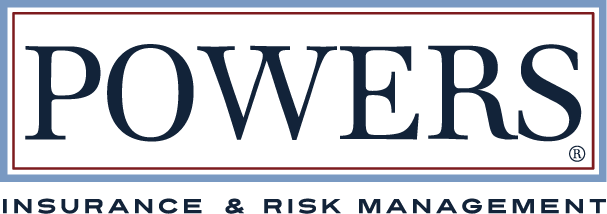Insuring company vehicles is a vital part of a comprehensive insurance policy for any business. But what happens when a company doesn’t own its cars and has its employees use personal or rented vehicles? In this common scenario, a Hired and Non-Owned Auto endorsement, also known as an HNOA can be an important addition to a commercial auto policy or general liability policy.
Commercial auto insurance: the breakdown
Before we get to what a Hired and Non-Owned Auto endorsement covers, let’s break down commercial auto policies.
Often, a company owns the vehicles it uses. Commercial auto policies insure the company against theft or damage to, or through the use of, those vehicles. Beyond physical damage to the car itself, commercial auto insurance policies can cover damage caused by the driver to property or medical expenses that result from an incident. Commercial auto insurance also covers legal fees that could result from an incident related to a company car.
Beyond Commercial Auto: Hired and Non-Owned Vehicles
But what happens when a business uses cars owned by its employees that aren’t covered by a commercial auto or general liability policy? Fortunately, HNOA covers vehicles that are not owned by a business but are used for business purposes.
HNOA is a type of small business insurance used to cover vehicles a company might use but not own. This type of insurance usually comes in the form of an endorsement, or rider, that modifies an existing commercial auto insurance or general liability policy
How does it work?
A Hired and Non-Owned Auto endorsement only covers damage to the third party in an accident and not the employee. In the event of an accident involving an employee driving his or her car for company purposes, he or she would, typically, be covered by a personal auto policy. Unfortunately, personal auto insurance policies are often much more limited in coverage than commercial auto policies. If a company has its employees use their own cars for deliveries, client visits, or any activity related to the company it can be named in a lawsuit.
So what? Why does it matter?
To cut costs, some businesses are declining to purchase commercial auto vehicle fleets. Instead, these companies pay employees an allowance in return for driving their own personal cars for company business. While this measure saves money in the short term, it exposes the company to heightened risk in the long term in the form of potential claims, premiums, and settlements.
While HNOA insurance may seem like overkill, just about anything can happen on the road. If your employee is in an accident and found liable, you – as a company owner – could be on the hook for thousands, and potentially millions, of dollars in settlements. To make matters worse, payouts in court cases are increasing. As these costs continue to rise, employees’ personal auto policies will become much less likely to cover the cost of a settlement.
Reduce risk proactively
One of the simplest ways a company can be proactive about managing its risks is by researching each potential driver. Before letting a driver get behind the wheel:
- Check driving records. A historically good driver will be less likely to get into an accident, lowering the likelihood that a business will have to pay out a claim for an accident caused on company time.
- Keep track of driving habits as employees continue to drive for the company to ensure they maintain road safety.
- Examine vehicle maintenance continually. Having the right protocols in place is important when creating a culture of safety. Employers may not know if a vehicle is safe enough to drive if the company doesn’t own, and therefore regularly check, the vehicle.
Maintaining risk reduction
Companies can also reduce risk when using personal cars by:
- Clearly define what “safe driving” means to your company.
- Reward good driving and discipline poor driving habits and outcomes.
- Enforce hard-and-fast rules about using a phone while driving.
- Safety training programs and seminars to reinforce a culture of safety.
Take action today with a Hired and Non-Owned Auto endorsements
Insurance alone may not be enough to fully protect your business. When determining how to best manage your risk it’s important to develop a comprehensive risk management plan. This task may seem intimidating but POWERS can help!
Our role is to help you review your existing policies and then develop an integrated risk management plan. With an understanding of the unique risks your company faces, we are able to select the insurance product that best suits your needs and empower you to make more informed business decisions.
To get started, just schedule a free consultation today!
